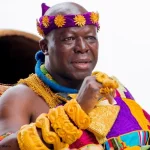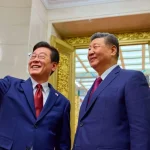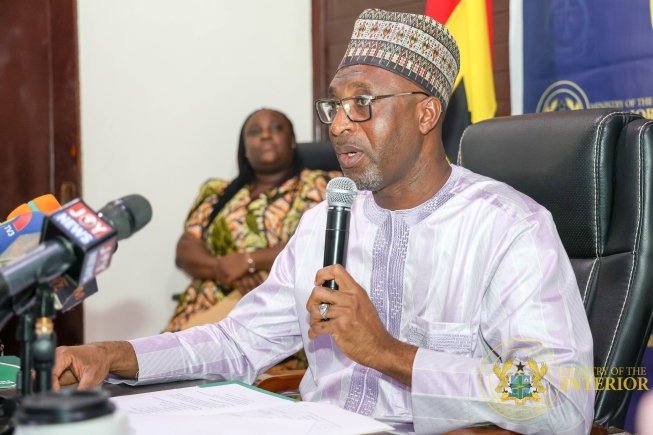Parliament has approved the 2023 budget statement and economic policy of the government.
The approval was given via a voice vote administered by the speaker, Alban Bagbin, on Tuesday, December 6, 2022.
This was after both sides of the house presented their concluding arguments on the budget presented by Finance Minister Ken Ofori-Atta.
The Minority, for instance, during the debate demanded a review of some revenue mobilization measures outlined in the budget, such as scrapping the daily minimum threshold exemption for the Electronic Transaction Levy (E-Levy) and a further reduction in the rate to 0.5%.
Also, Minority Leader Haruna Iddrisu warned that the decision to freeze public sector employment and cut down on numbers admitted into teaching and nursing schools would further exacerbate the worst unemployment canker.
He further warned that, though his side is willing to support the government’s effort to revive the economy, the 2.5% increment in the VAT rate is unacceptable.
“Mr Speaker, if I say that our country is in deep crisis and President Akufo-Addo himself has accepted that the country is in crisis but what he failed to add was to take responsibility for leading the country into this economic crisis. The president must gather the courage and take full responsibility.
“In this budget, the Minister of Finance is introducing 23 tax measures and a 2.5% VAT rate (increase). We the NDC minority group will fearlessly resist and fight the imposition of these additional taxes,” he stressed.
But the Majority Leader Osei Kyei-Mensah-Bonsu refuted many of the claims made by the Minority and called for cool heads to prevail to support the finance minister and the government to fully implement policy measures as captured in the budget to put the economy back on track.
Among other things, the budget presented by Finance Minister Ken Ofori-Atta focused on the government’s strategies to restore and stabilize the macro economy, build resilience, and promote inclusive growth and value creation.
The budget also updated the public on Ghana’s engagement with the IMF for an IMF-supported Programme; year-to-date macro-fiscal performance of the economy; the YouStart initiative under the Ghana CARES Programme; climate action strategies; fiscal measures and debt management strategies to ensure fiscal and debt sustainability and promote growth.
















